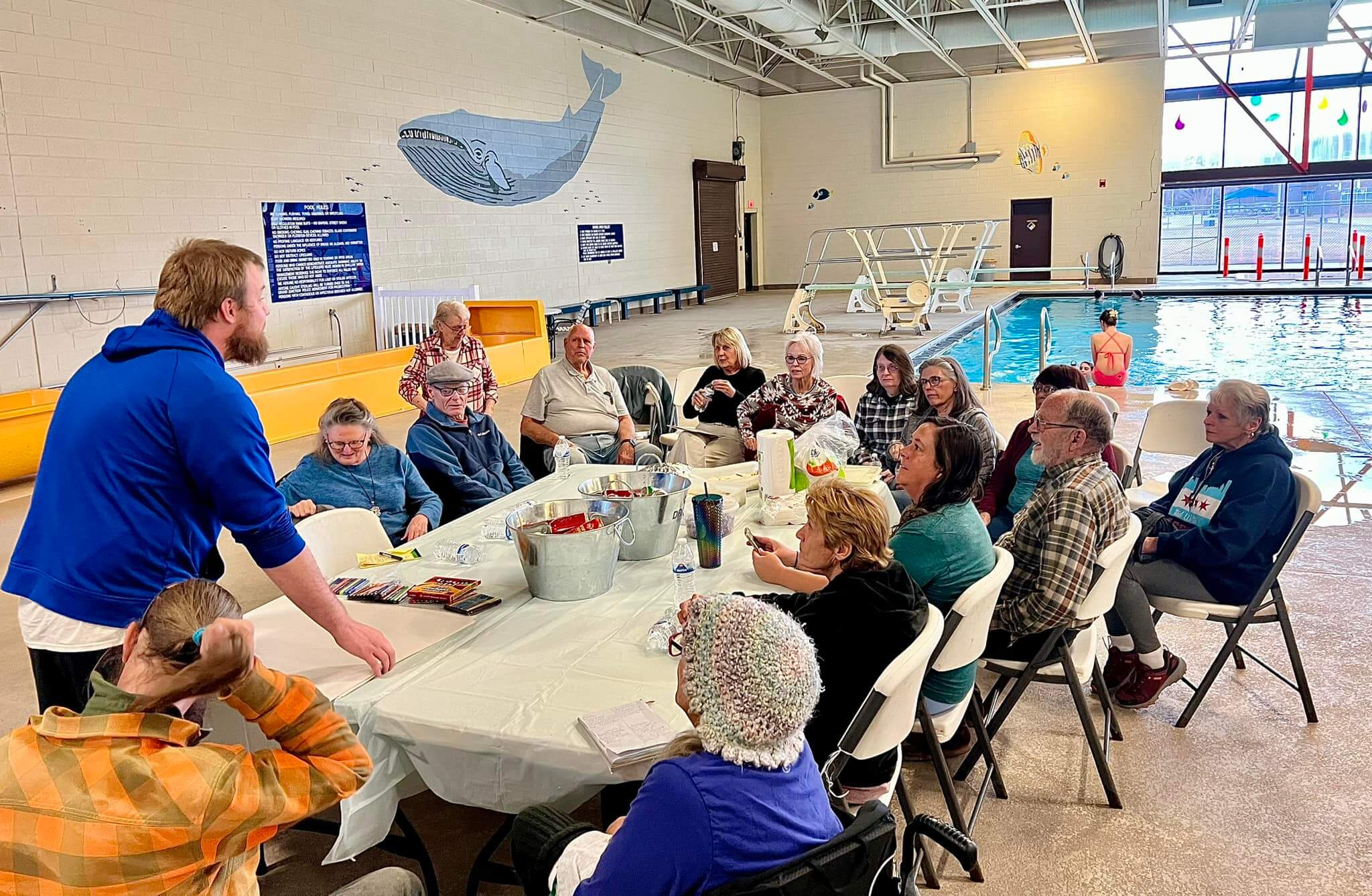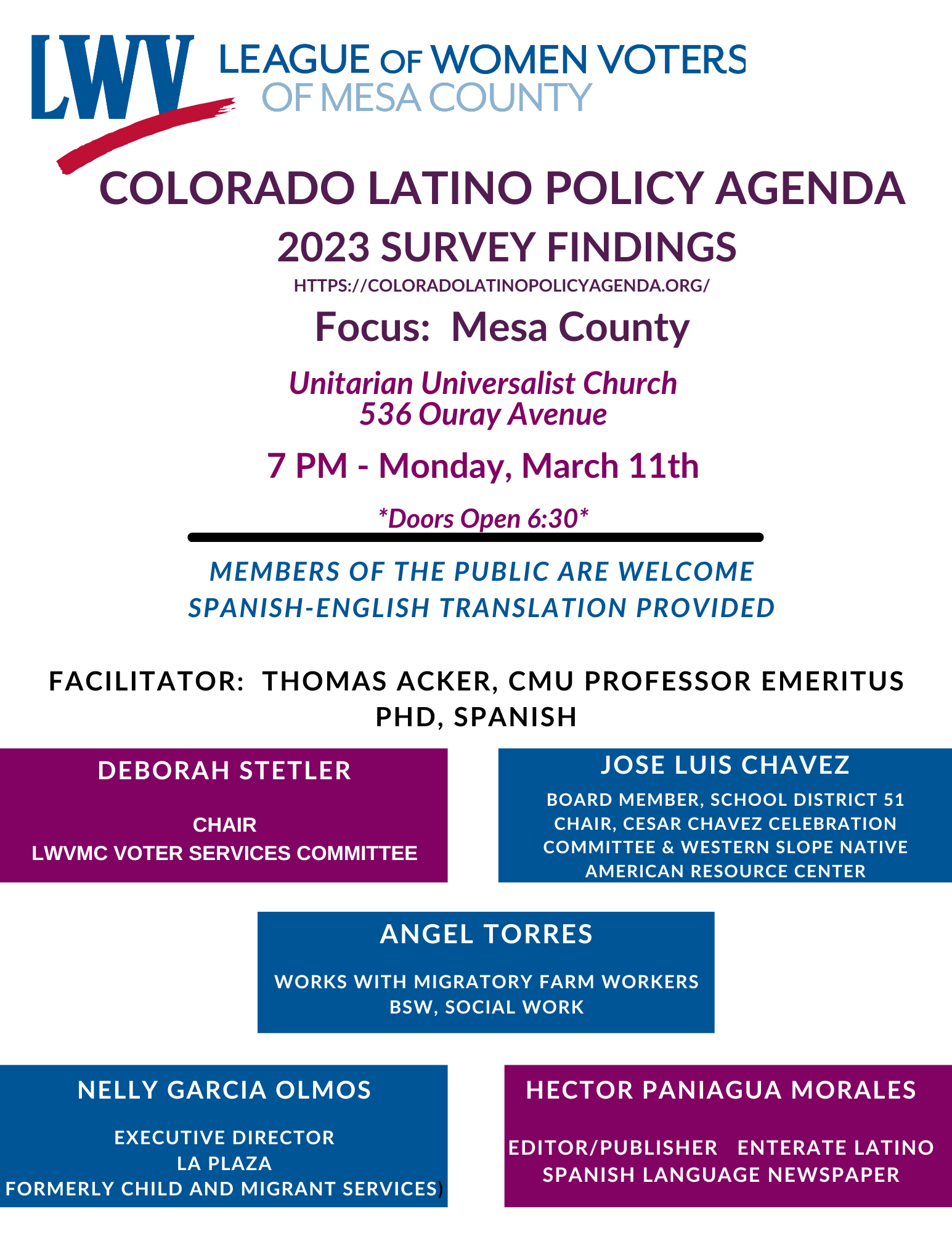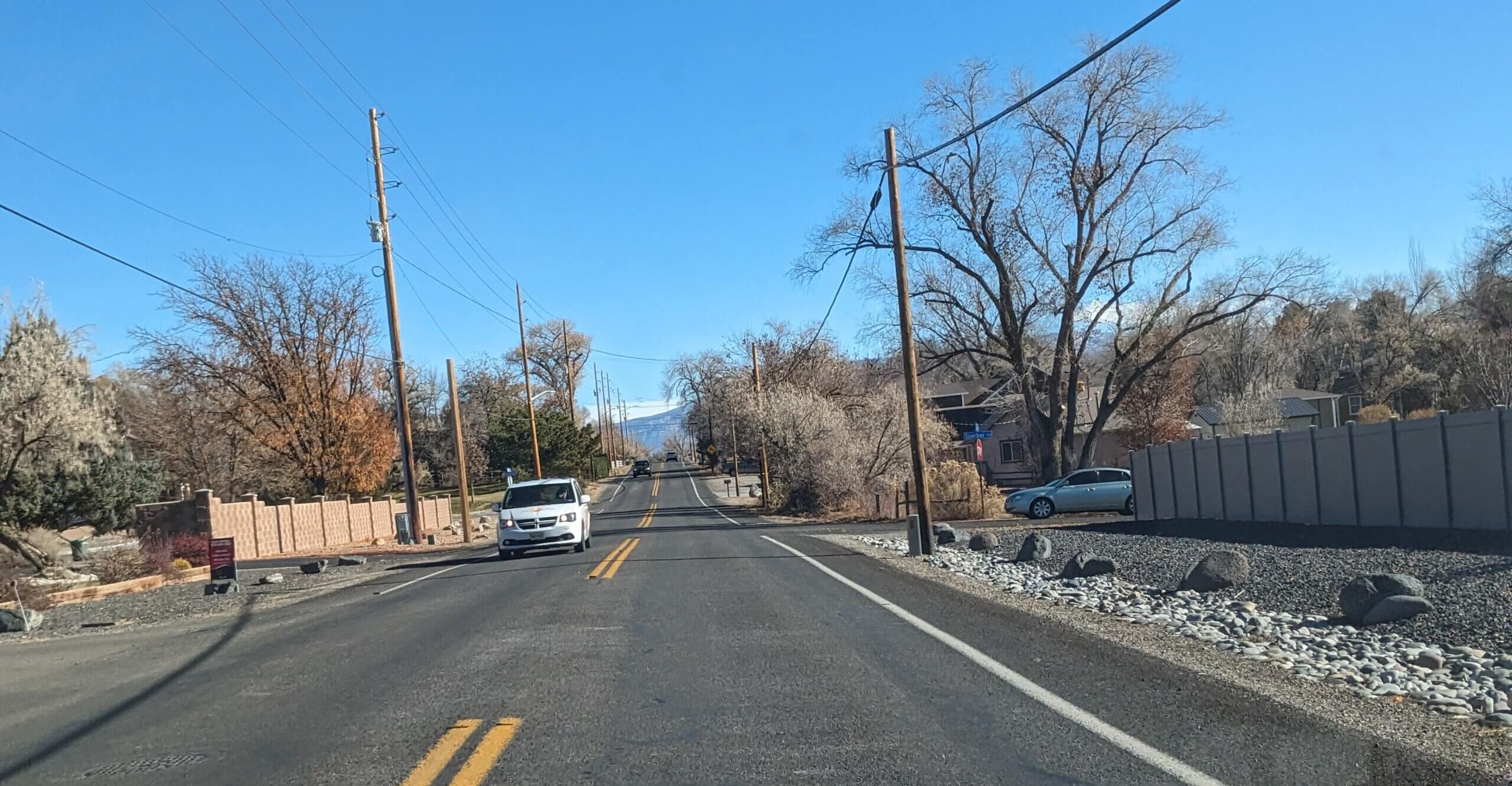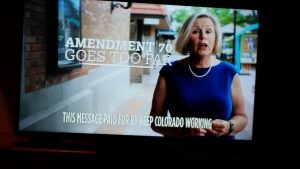A highly experienced School District 51 employee who came here from the front range with over 20 years experience in conducting lockdown drills in other school districts is raising red flags about the way D-51 conducts its lockdown drills, and the trauma it is causing students. The employee describes a heartbreaking experience during a lockdown drill with a room full of kindergarteners during the 2023-2024 school year and the lasting effects it had on students. The employee has brought the problem up with school counselors, the D-51 School Board and Tim Leon, Director of Safety and Security for District 51, and even proposed different ways to conduct these drills that are used in other school districts that don’t traumatize students the way D-51’s drills do, and offered research by the National Association of School Psychologists on how to mitigate the negative psychological effects that lockdown drills have on young kids, but the employee’s urgings have been ignored at every turn.
Out of frustration, the employee wrote an essay about the unannounced lockdown drill experience and what it is doing to young children in D-51, and sent it to AnneLandmanBlog in hopes of drawing public attention to it. I am publishing it here so everyone can see what is happening to kids inside D-51 schools during these drills, how they are negatively affecting the district’s youngest, most vulnerable students, and why D-51’s lockdown drill policy needs so badly to be changed.
The writer’s name is withheld to prevent identification of the students mentioned in the essay:
—————————
It’s a sad commentary on our society that schools have to have lockdown drills to prepare for a potential mass shooting. Since the Columbine massacre in 1999, Colorado public schools have been conducting these drills, and it’s up to each district how those drills are conducted.On the Front Range, where actual school shootings have happened, the common practice is to have announced drills which entail a low-key approach meant to minimize the traumatic effects of such a drill. There, students and school staff are notified that the drill would be taking place, allowing them to properly prepare their students for what to expect and why.Students with special needs and limited English proficiency have someone with them to help them understand what is happening and to cope with the situation. Students are allowed to use the bathroom in advance, and to grab a book or something else that can occupy them while they’re waiting.Classes are cleared quickly and students are able to resume learning activities within the classroom once they are cleared, while other classrooms may still be waiting, which maximizes normalcy.Once cleared, the security officers and police congratulate the students on a job well done and remind them this is just a drill. They keep it very positive and light.As a result, these students go into drills calmly and the after-effects are minimal for most students.
Let’s compare that approach to how lock-down drills are conducted in District 51.Two lock-down drills are required each year, and they are unannounced.Students and staff have no idea whether or not it’s a real threat or not.Students are not prepared, and as a result, there is a lot of anxiety with both children and adults.This is especially problematic for kids who don’t understand English, students with autism or other special needs, and kids who come from violent homes and/or have PTSD from traumas.These students are not prepared in advance or given a support person to help them through it. Teachers and schools are given “extra credit” for having a weapon such as a baseball bat or chair ready to use to attack the intruder.Students go into a dark room and have to remain completely silent until their class is cleared. If they have to use the restroom, they are not allowed to leave. Instead, they must use a bucket in the presence of their peers, with only a plastic shower curtain for privacy. Students with limited English language comprehension, those with special needs, and those with other special circumstances are not given any preparation, and they often don’t understand what is happening, which is terrifying when one considers the effects of seeing a teacher holding a
baseball bat ready to bash in the face of whoever opens the door.There may be the intention of clearing classrooms of younger students, but the execution of that is not coordinated in advance so the very youngest children, 3-4 year olds in preschool have been known to have to wait in that dark room silently for an hour or more. Often, the officers will try to gain access to a classroom using “tricks” to see if the teacher or students will open the door for them.Once cleared that class has to stay in their safe place until the whole school has been cleared, so learning cannot resume in any meaningful way.The result of this is that kids are not learning the most important thing to do in a crisis/emergency; to stay calm.
Educators know that kids learn best when their brains are not in panic mode. When the amygdalae in our brains are activated, which happens when we are faced with possible danger, all our brain-power goes to surviving with the fight/flight/freeze/fawn mode. We are unable to think from our prefrontal cortex, which is where we are able to problem solve and learn new information.With that in mind, this type of lockdown drill is the exact opposite of what kids need, which is to remain calm and able to act quickly and possibly problem solve.Unlike fire drills, where kids have been taught to remain calm, quiet and to follow directions from their teachers, lockdown drills are filled with anxiety-provoking stimuli.Kids are learning nothing about how to react in a real situation.Students can leave this situation with fresh trauma, especially those who are already vulnerable.
I am an educator in the district. I am keeping my identity anonymous to protect the identities of my students.I had a class of kindergartners with me during the first lockdown drill of 2023-24 school year. It was unannounced so these 5 year-olds who had never experienced a drill before had no idea what was happening.I quickly brought them to my safe place, a small room in which the only light was from a computer monitor. I tried to whisper a story about being brave, tried to occupy them and keep them quiet, but their anxiety was through the roof. A student with autism started to cry, loudly.No matter what I tried, I could not console or distract him. This got the other kids crying, and it wasn’t long before every single child was crying, some very loudly. If this was a real situation, we would surely have been targets. We were not hidden due to the noise of these young babies who were terrified.This anxiety resulted in many of them having to use the bathroom.I couldn’t let them leave the safe room, so they had to take turns peeing in a bucket. Imagine me, trying to hold up a plastic shower curtain to give them some privacy, with 18 kids crying loudly, wondering if someone is going to come in a shoot us all to death. It was the number one most stressful time of my entire life, and I have experienced a lot of stressful events. It took about 40 minutes to clear my class.Afterward, when I tried to talk to them to debrief the situation, they all expressed fear and had so many questions about safety.For many kids, school is their only safe place, and now, school was no longer safe either.This is heartbreaking on so many levels, and is so wrong.We are needlessly traumatizing children.
After this event on October 19, 2023, I contacted the head of safety and security, Tim Leon.I sent him an email explaining my experience and all the reasons above for my concern with how lockdown drills are conducted.I never got a response.So I contacted every district leader that should have cared, including the Chief Operating Officer, Superintendent, and finally the School Board. I didn’t receive a single response from any of them, with the exception of the Director of Social Emotional Learning (Amy Frazier), who had asked the COO to reach out to me. I did tell him my concerns, as outlined in this essay.He claimed unannounced lockdown drills were required by the State, to which I corrected him. He said he’d look into it and get back to me. I never heard another word from him.I reached out to the Counseling Coordinator and other school counselors for support. I heard nothing back from any of them.I have talked to other educators who share my concerns but didn’t have the experience I do of seeing how things are done differently in other districts.But now that they are aware, they are also asking for change.
I have done everything in my power to keep my concerns internal, to give my employer the opportunity to do what is right, and I have been largely ignored.This is an issue I feel so strongly about, that I am bringing it now to the public, in hopes that you will help me in pressuring the School Board to adopt safety procedures that include announced lockdown drills and support for kids with special circumstances.If you agree with me that this cannot be ignored and changes are needed to protect our children and school staff, please email the School Board at https://www.mesa.k12.co.us/apps/contactus/index.cfm .Thank you for reading this, for caring for the well-being of our children, and for your support and advocacy.
Yours truly,
A District 51 employee
Related resource:
Unannounced active shooter drills scaring students without making them safer, National Education Association, Feb. 25, 2020



















